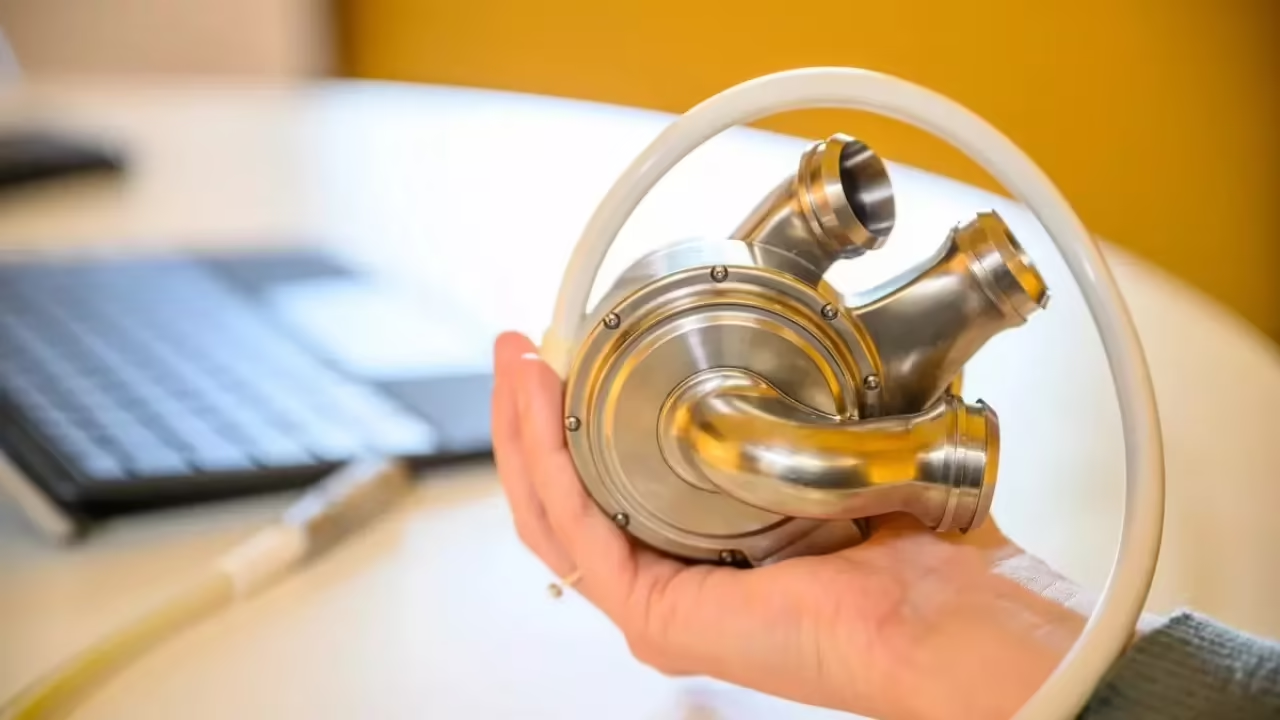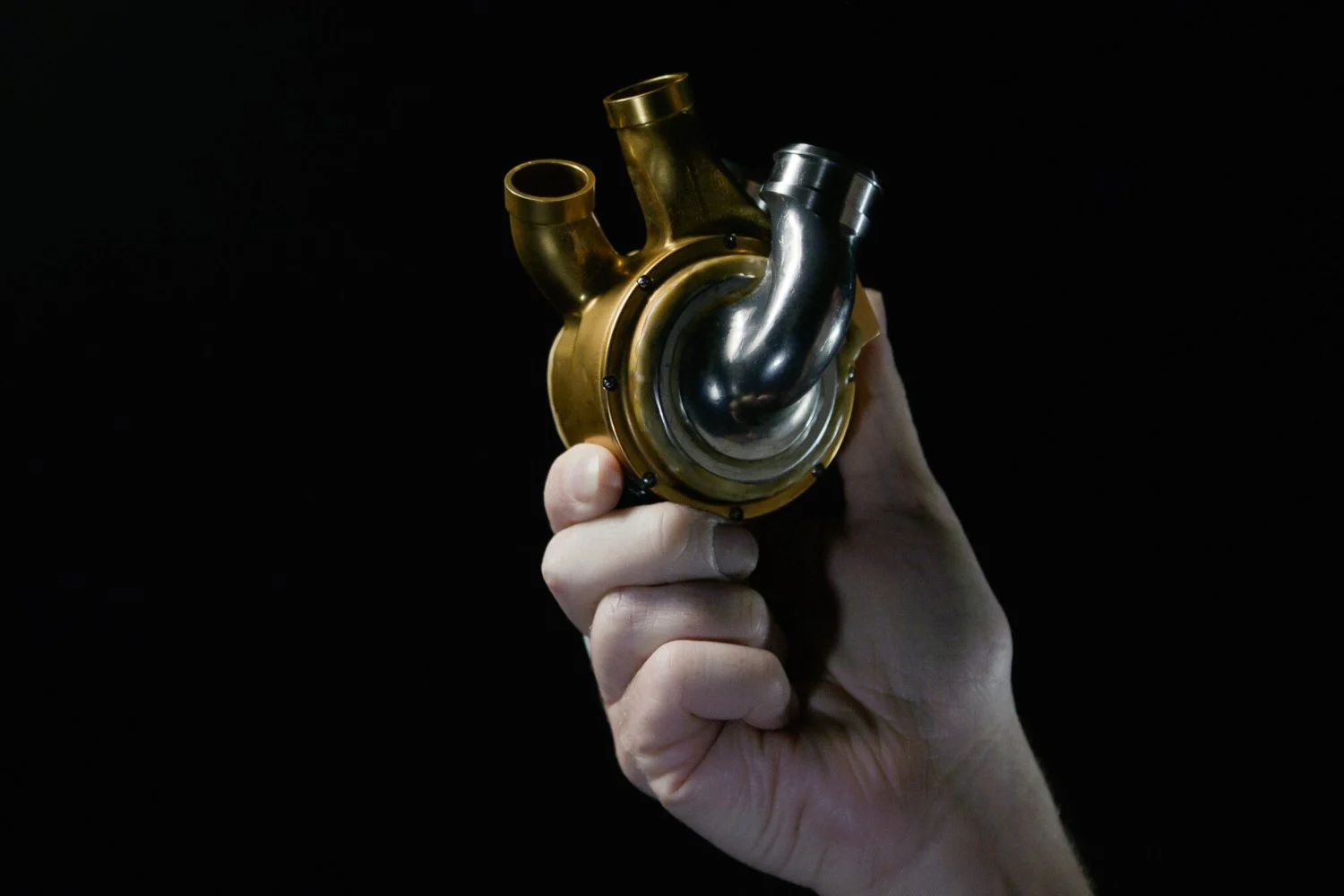A groundbreaking medical achievement has emerged from Australia, where a man in his 40s has made history by becoming the first person worldwide to leave a hospital with a fully artificial titanium heart. This remarkable case represents a pivotal moment in cardiac medicine, as the patient survived an unprecedented 105 days with the BiVACOR Total Artificial Heart before receiving a successful donor heart transplant in early March 2025.
The achievement surpasses all previous records, with prior recipients of this revolutionary device living with it for a maximum of just 27 days. This success story not only demonstrates the potential of cutting-edge medical technology but also offers new hope for the millions of people worldwide suffering from end-stage heart failure who face limited treatment options.
Revolutionary Technology Saves Lives
The BiVACOR Total Artificial Heart represents a quantum leap in cardiac technology, utilizing magnetic levitation to create the world’s first implantable rotary blood pump capable of completely replacing a human heart. Unlike traditional artificial hearts, this titanium device features a single moving part – a levitated rotor held in place by magnets, eliminating the need for valves or mechanical bearings that could wear out over time.
The device functions by pumping blood to both the body and lungs, effectively replacing both ventricles of a failing heart. This innovative approach addresses the critical shortage of donor hearts, as more than 23 million people worldwide suffer from heart failure annually, yet only 6,000 receive donor hearts.
Historic Australian Medical Milestone
The landmark procedure took place on November 22, 2024, at St Vincent’s Hospital, Sydney, where Dr. Paul Jansz led a six-hour surgical operation to implant the device. The patient, who declined to be identified, was experiencing severe heart failure and had exhausted all other treatment options.
St Vincent’s Hospital Sydney proved to be the ideal location for this historic procedure, building upon its distinguished cardiac care legacy that includes Australia’s first heart transplant in 1968 and the establishment of the National Heart Transplant Program by Dr. Victor Chang in 1984. Dr. Jansz expressed his pride in being part of this pioneering medical event, stating that heart failure kills almost 5,000 Australians every year, making this breakthrough particularly significant.
Global Impact and Future Implications

The success of this case has profound implications for cardiac medicine worldwide. Professor Chris Hayward, a cardiologist at St. Vincent’s Hospital, Sydney, believes this achievement will “transform heart failure treatment” globally. He predicts that within the next decade, artificial hearts will become a viable alternative for patients who cannot wait for donor hearts or when donor organs are unavailable.
The BiVACOR device was invented by Australian bioengineer Daniel Timms following his father’s death from heart disease. Timms described seeing decades of work come to fruition as “exhilarating,” emphasizing how the patient’s bravery will pave the way for countless others to receive this lifesaving technology.
Bridging the Gap in Cardiac Care
Currently, the BiVACOR Total Artificial Heart serves as a bridge to keep patients alive until donor heart transplants become available. However, the long-term ambition extends beyond temporary solutions, with researchers working toward enabling patients to live permanently with these devices without requiring heart transplants.
The Australian government has invested $50 million in developing and commercializing the BiVACOR device as part of the Artificial Heart Frontiers Program. This initiative, led by Monash University, is developing three key devices to treat the most common forms of heart failure, with this successful implant being the first in a planned series of procedures in Australia.
Looking Ahead
While this achievement represents a significant technological advancement, experts acknowledge that artificial hearts still have limitations compared to donor hearts. The 105-day survival period, though record-breaking for this technology, remains considerably shorter than the typical 10-year lifespan of transplanted donor hearts.
Nevertheless, this breakthrough offers unprecedented hope for patients with end-stage heart failure who previously had no viable treatment options. As clinical trials continue and the technology evolves, the BiVACOR Total Artificial Heart may revolutionize how medical professionals approach cardiac care, potentially saving thousands of lives annually.

